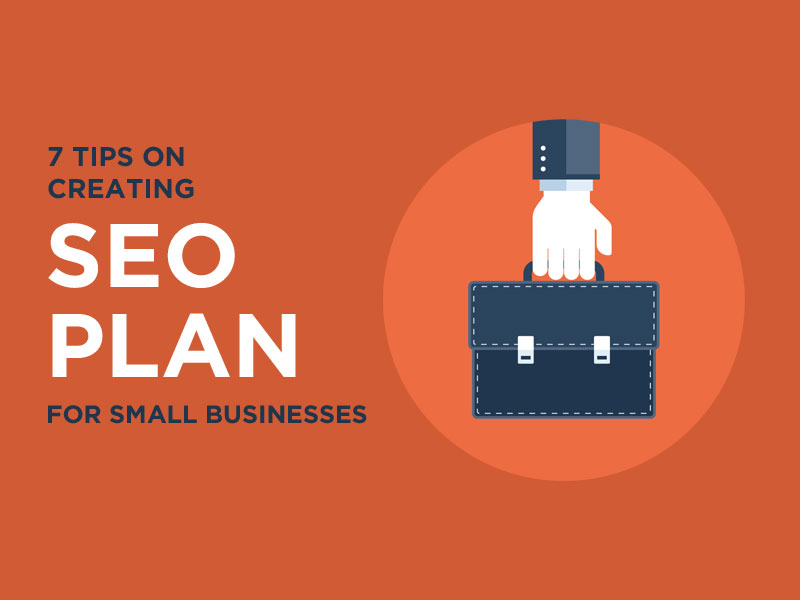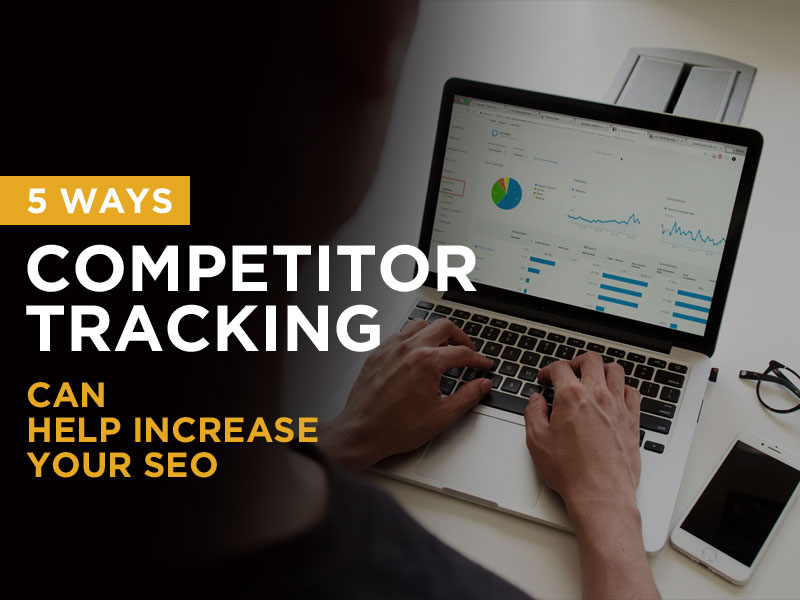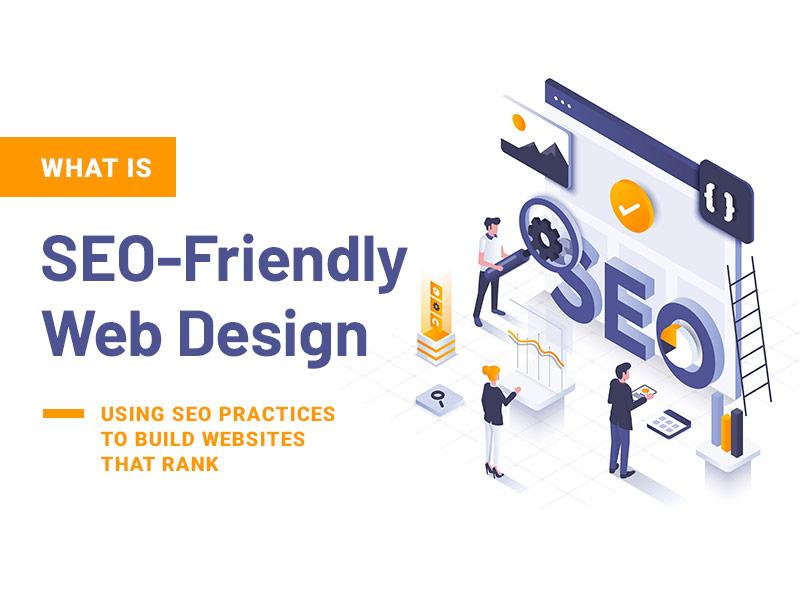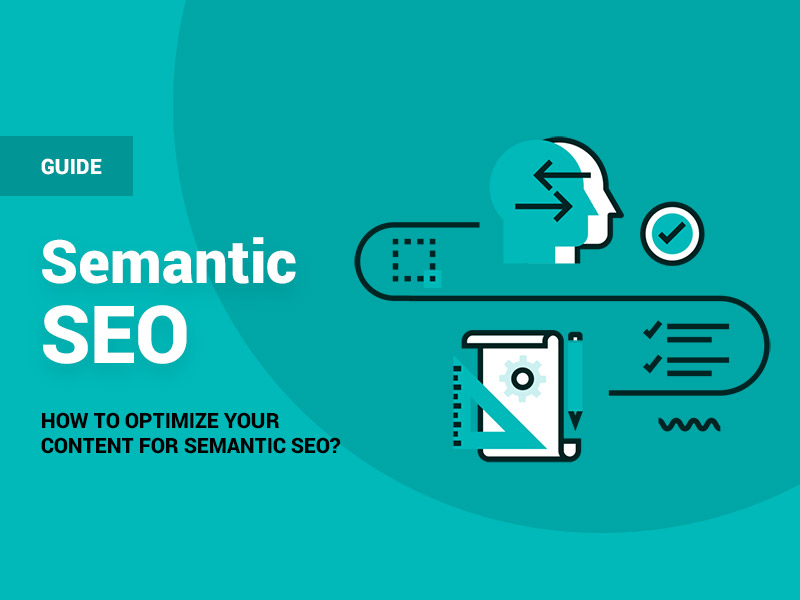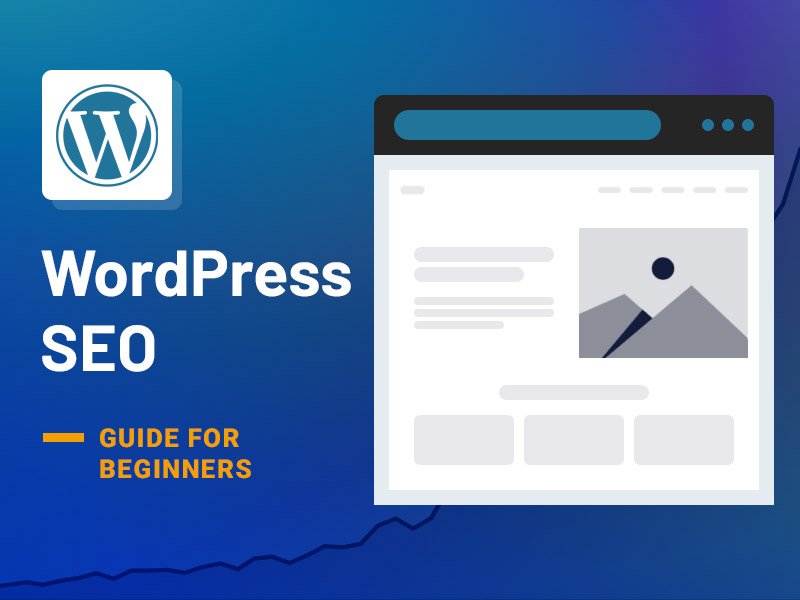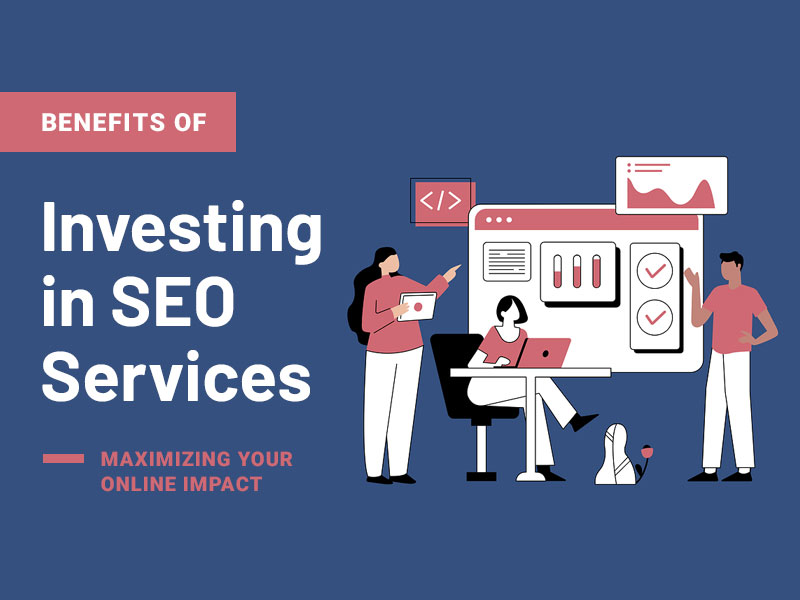A solid online presence is critical in today’s highly competitive digital world. And it’d be best if your target audience felt you in various places on the internet. Therefore, you must have social media accounts, an email platform to reach your leads, and an attractive website.
Even though it’s never been easier for small businesses to set up websites, about 40% of them still don’t have one. This means that if your small business has a website, you’ve already got a leg up on a lot of your competition.
But why stop there? In addition to setting up a website for your small business, you should also go about creating an SEO plan (with the help of seo agencies like this one) so that your site gets as much traffic as it possibly can. Enjoying the benefits of SEO should be a big part of your digital marketing strategy.
SEO has become a crucial factor in the online business world; thus, you must know how to play it well. For instance, if you’re offering SaaS products, you need a robust SaaS SEO strategy to make searching for your offerings straightforward amidst billions of things on the World Wide Web.
Would you like to know how to create an SEO plan that’s going to work for your small business? That’s what we’re going to discuss today. Those designing business websites should always keep these seven tips in mind to ensure that they have an airtight SEO plan in place.
Tips on Creating a Best SEO Plan for Small Businesses
1. Start by Learning How SEO Works
If you’re going to go through the process of creating an SEO plan, you’re obviously going to need to know exactly what SEO is. So start there!
SEO stands for search engine optimization. It refers to all of the work that you’ll need to do in order to make your website more appealing to the search engines like Google. The more appealing that your site is to them, the more likely they are to recommend your site to people who search for certain terms.
SEO can be a little more complicated than that in some cases. But that’s the gist of it. Your goal when creating an SEO plan is going to be to enhance your site in lots of different ways so that Google and the other search engines know that it’s going to provide people with a good experience.
In addition, you need to know the basic SEO terminology if you’re a business owner to better converse with experts and understand what they’re talking about. You must have basic knowledge about crawling, indexing, ranking, and click-through rate or CTR.
2. Determine Who Your Website’s Target Audience Is Going to Be
Once you know what SEO is, the next thing you’re going to want to do is nail down exactly who your website’s target audience is going to be. You want to have a very clear idea in mind as far as who you’re going to be trying to attract to your site.
In some cases, your target audience might be anyone in the country looking to buy air filters for their HVAC systems. In others, your target audience might be those in your specific city looking for a family photographer.
Whatever the case may be, you’re going to have a tough time hitting your target audience if you don’t know who that audience is. It’s why you should spend some time mulling over who you ideally want to visit your site.
You can refer to your website’s analytics report for a more scientific basis. The data gatheredcan easily give you an overview of your target demographic and their interests and behaviors.
3. Spend Time Doing Keyword Research for Your Website
The way that you’re going to attract your target audience to your website is going to be by including certain keywords on it. For example, you’re going to do it by using keywords like “best air filters” or “family photographer in Toldeo, OH“.
You may begin by creating your seed list. This is a list of keywords that are relevant to your business. These could be broad terms related to your industry or more specific ones related to your products or services.
But before you start randomly adding keywords to your site, you’re going to need to do your research on them to see which ones will work best. There are lots of keyword research tools available online for those designing business websites.
In addition to using keyword research tools, proxies can also help you gain a competitive edge in your keyword strategy. With proxies, you can test your website’s performance from different locations and get a more comprehensive view of the keywords that your competitors are using in your niche. By using proxies from trusted proxy lists to access competitor websites and tools anonymously, you can gather more accurate data on their keyword strategies and identify potential opportunities to optimize your own website. This can give you a significant advantage in attracting your target audience and improving your search engine rankings.
4. Create Compelling Content for Your Website
After you have a long list of keywords that seem like they would work well on your site, you’re going to want to start working them into the mix. You should make every effort to begin creating compelling content for your site, often through the use of blogs.
You should come up with catchy headlines for your content that include your keywords. You should also make your content sound natural and work a lot of useful information into it.
Additionally, you shouldn’t be shy about making each piece of content that you create anywhere from 500 to 5,000 words long. The better and longer that your content is, the more likely you are to get an SEO boost from it.
5. Market Your Website’s Content on Social Media
In this day and age, small businesses need to set up more than just websites. They also need to create social media accounts on sites like Facebook, Twitter, Instagram, and more.
And when they do, they need to use their social media accounts to market the content that they add to their site. SEO and social media go hand-in-hand in a lot of cases.
You should get yourself into the habit of linking to almost everything that you post on your website on social media. It’ll improve your site’s SEO and get more people to visit your site over time.
6. Try to Build Up Backlinks for Your Website
Another reliable way to get on Google’s good side when it comes to SEO is by building up backlinks for your website. Backlinks are links for your site that appear on other sites.
You might be able to convince other website owners to backlink to your site simply by asking. But you might have to put a little bit of work in to earn backlinks. Guest blogging on other sites is a great way to get your name out there while picking up backlinks along the way.
7. Call on SEO Specialists If You Need Assistance
As you’ve seen here, creating a winning SEO strategy isn’t something that you’re going to be able to do overnight. It’s going to take quite a bit of work to create an effective SEO plan.
You might want to consider bringing SEO specialists on board to lend a helping hand with it. It’s one of the most worthwhile investments that you can make as a small business owner.
Creating an SEO Plan Is Going to Be Important for Your Small Business
Many small business owners put off creating an SEO plan for a long time because they don’t know where to start. The concept of SEO confuses them, and as a result, they don’t ever take advantage of what an SEO strategy could do for them.
If you fall into this category, you shouldn’t be scared off by SEO. Instead, you should use the SEO tips found here to start enjoying the benefits of SEO. It could change the way you do business from now on.
Find out more about SEO and how it works by reading the other articles found on our blog.
